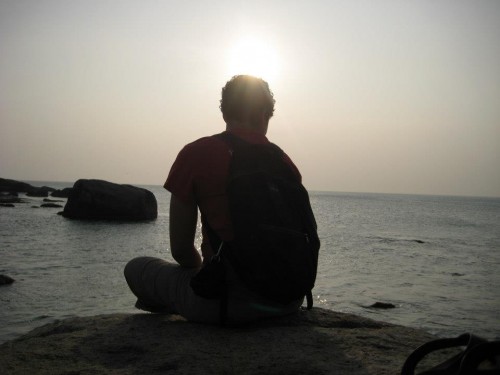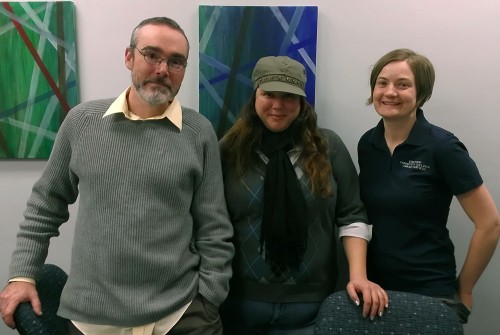Guest Host: Sue Gilbert
- Photo by Sue Gilbert
- Photo by Sue Gilbert
- Photo by Sue Gilbert
- Photo by Sue Gilbert
I once received a 2-page course evaluation comment from a student (she was a teacher taking my Chinese class). In the treatise, she highlighted several elements she found good, but mostly what I remember is her opposition to the several competition-like activities I included. I would ask students to perform Chinese character writing on the board in front of their peers as a kind of race. I felt I was encouraging students to produce their characters fast and accurate. Most students, it seemed to me, enjoyed it. Or at least they were into it, excited about writing, and enjoying the moment. They would share ideas for how they remembered the characters. Seemed like sound pedagogy.
This student didn’t see these competitions in the same light. She saw only embarrassment – a form of public shaming in the guise of motivation. It’s a perspective that has stuck with me.
When I look for it, competition appears to be a pervasive element of the educational experience. We have formal sports competitions, and academic competitions, award lists, and a ranking grade system that seems to communication who won and who lost. We compete for scholarships and even for seats in a classroom.
Yet, there is a wholesome side to our competitive spirit. The coach who inspires the best in us, the teammates who share pride in our accomplishments and support in our disappointment, and the drive in ourselves to improve. This is the side we talk about with Sue Gilbert, a Kirkwood student in the Graphics Communication program. She shares her story and journey through an honors project on the Brotherhood of Competition.






